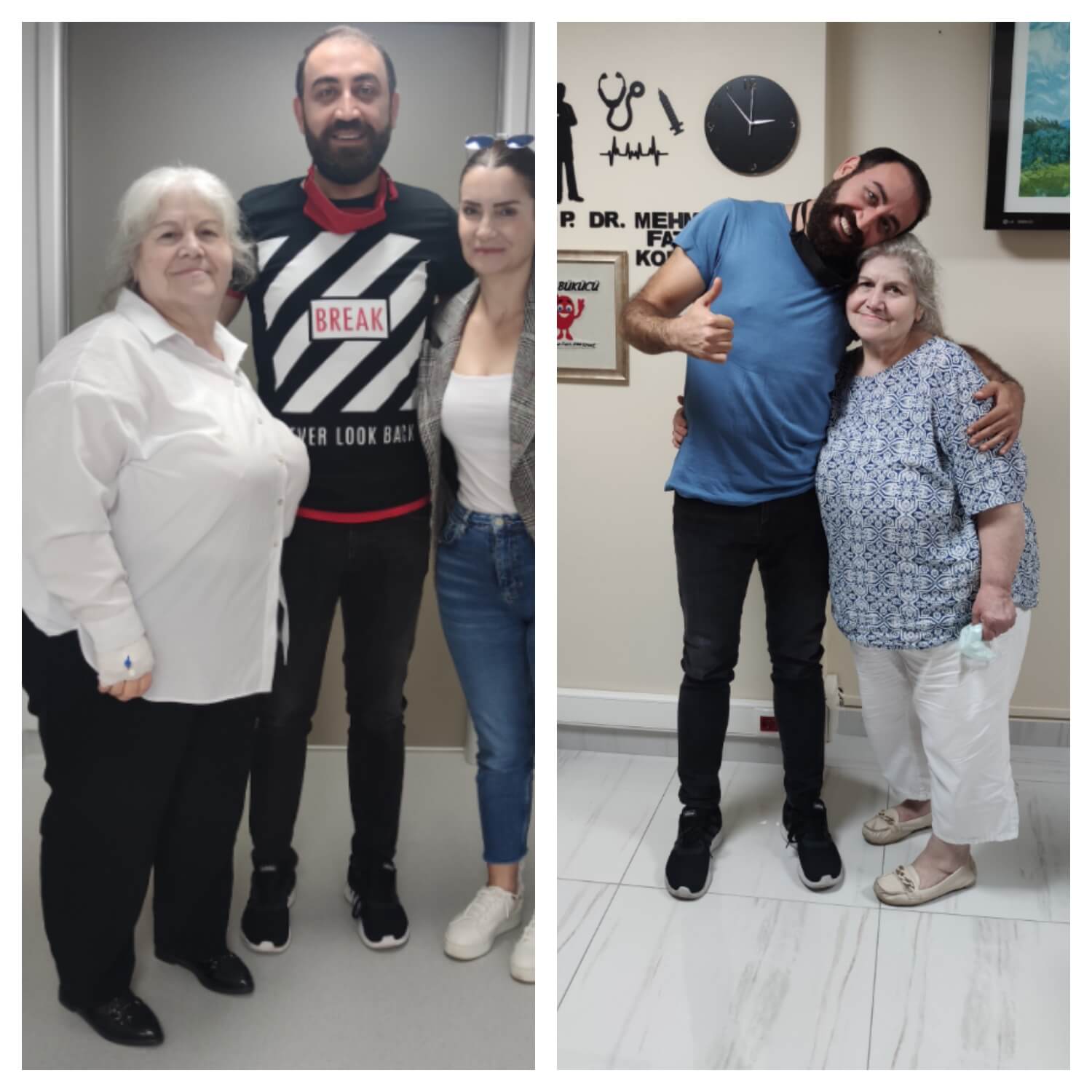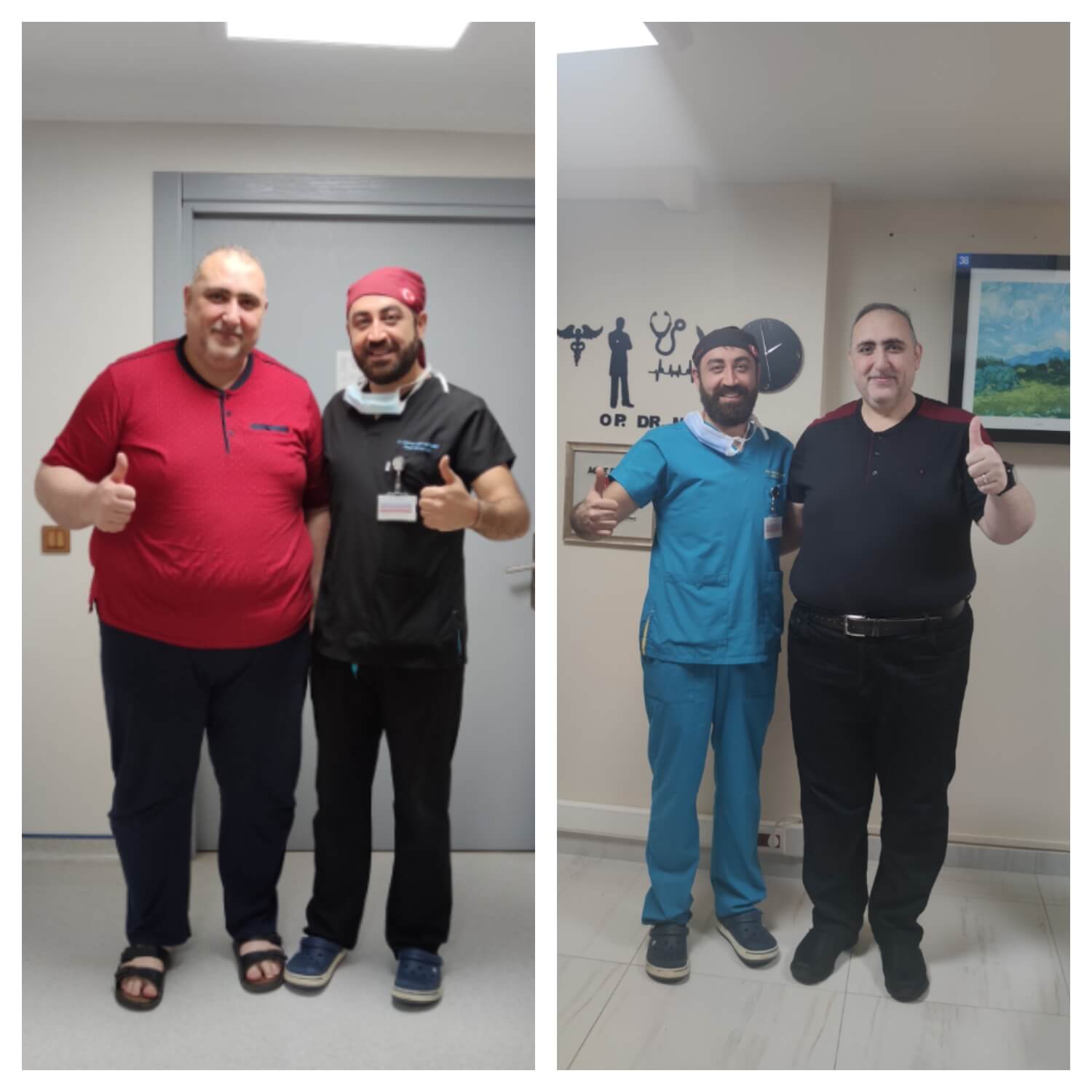
Weight loss is a significant concern for millions of people worldwide. There are several methods that people can use to lose weight, including exercis..
More
Obesity is a major health issue that affects millions of people around the world, including celebrities. Many famous personalities have struggled with..
More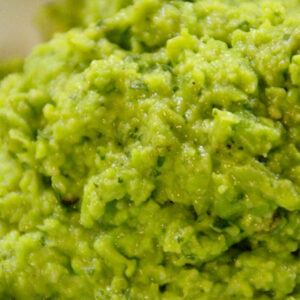
9 Recipes for the Puree Phase After Weight Loss Surgery Weight loss surgery can be a life-changing procedure that leads to significant weight loss an..
More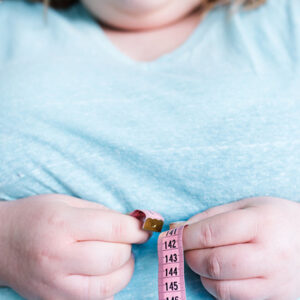
Gastric sleeve surgery, also known as sleeve gastrectomy, is a popular bariatric surgery that reduces the size of the stomach by about 75%. The proced..
More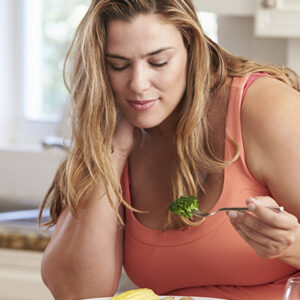
Sleeve Gastrectomy, also known as weight loss surgery, is a life-changing decision that can help individuals struggling with obesity achieve a healthi..
More
Gastric sleeve surgery is a bariatric surgery that reduces the size of the stomach and helps individuals lose weight. It is a significant step in the ..
More
Weight loss surgery, also known as bariatric surgery, has become a popular option for individuals struggling with obesity and seeking to improve their..
More
Discover the expected weight loss rate after gastric sleeve surgery, learn about the factors affecting the process, and explore frequently asked quest..
More
Discover the potential risks and complications of smoking before and after bariatric surgery. Learn when it is safe to resume smoking and whether it's..
More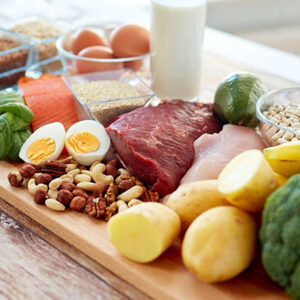
Discover the importance of proper nutrition after stomach surgery and learn how to make the right food choices for a smooth and speedy recovery. The ..
More
Discover the long- and short-term risks of stomach surgery and learn how to achieve maximum benefits with minimal risk. Stomach surgery, also known..
More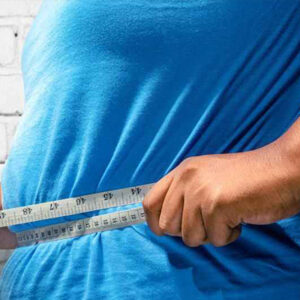
Learn about the potential side effects of gastric sleeve surgery and how Dr. Mehmet Korkmaz can help you navigate through them for a successful weight..
More
Determine if weight-loss surgery is the best option for you by learning about the various bariatric procedures and perusing the list of frequently ask..
More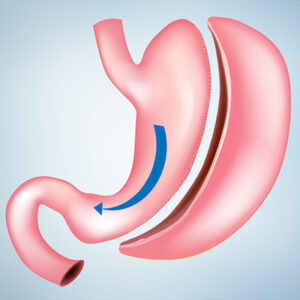
Learn more about Dr. Mehmet Korkmaz, an accomplished weight loss surgeon, and find out who performs gastric sleeve surgery. Introduction: When it co..
More
Find out which multivitamins are best for people who have had gastric sleeve surgery, as well as tips from a top surgeon, Dr. Mehmet Korkmaz. Prioriti..
More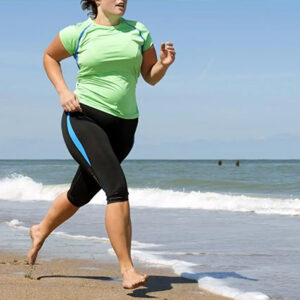
Weight gain after gastric sleeve surgery can be a frustrating and disheartening experience. As a leading gastric sleeve surgeon, Dr. Mehmet Korkmaz un..
More
Discover how to safely engage in sports after weight loss surgery and the many benefits of physical activity on your journey to a healthier lifestyle...
More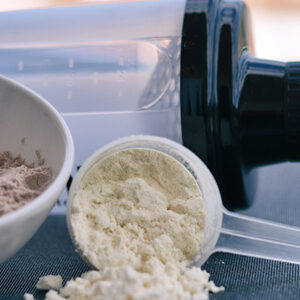
Introduction: Weight loss surgery, such as gastric sleeve surgery, is a life-changing procedure that offers hope for a healthier future. However, pro..
More
If you've undergone weight loss surgery, such as gastric sleeve surgery, you may experience a range of symptoms as your body adjusts to the changes. O..
More
Are you considering weight-loss surgery but worried about its impact on your future pregnancy? You're not alone. Many women who undergo weight-loss su..
More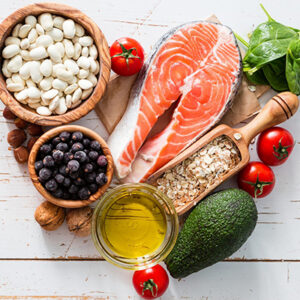
Gastric sleeve surgery, also known as sleeve gastrectomy, is a highly effective bariatric procedure for individuals struggling with obesity. The proce..
More
Weight loss surgery, such as gastric sleeve surgery, can bring about a multitude of positive changes in a person's life, including improvements in phy..
More
Gastric sleeve surgery is a weight-loss procedure that has helped countless people achieve their weight loss goals. However, one of the common questio..
More
Discover how to minimize excess skin after bariatric surgery with our top tips and FAQ from renowned gastric sleeve surgeon Dr. Mehmet Korkmaz. Intro..
More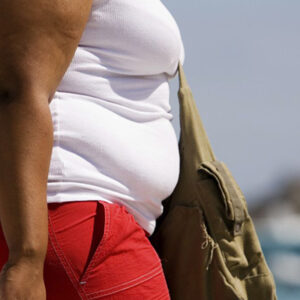
Introduction: Are you considering bariatric surgery and curious about its potential effects on your menstrual cycle? You've come to the right place! ..
More
 Türkçe
Türkçe English
English Français
Français Español
Español Italiano
Italiano Deutsch
Deutsch Pусский
Pусский



